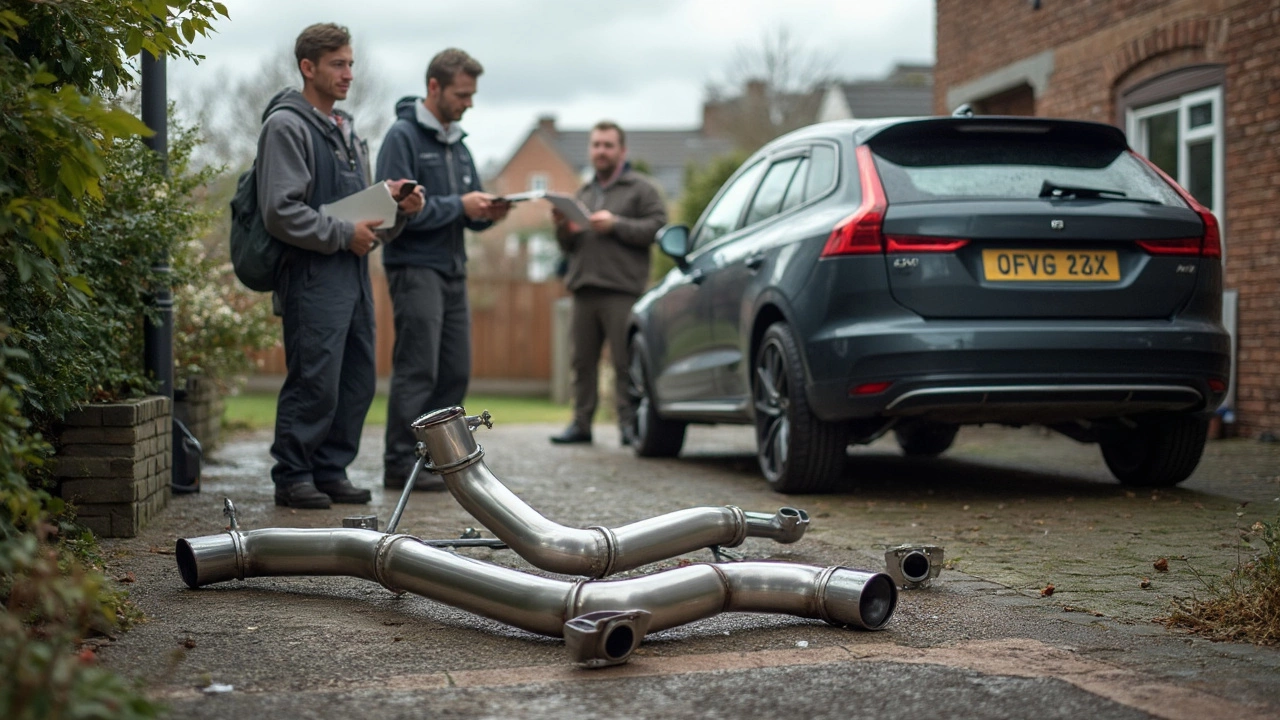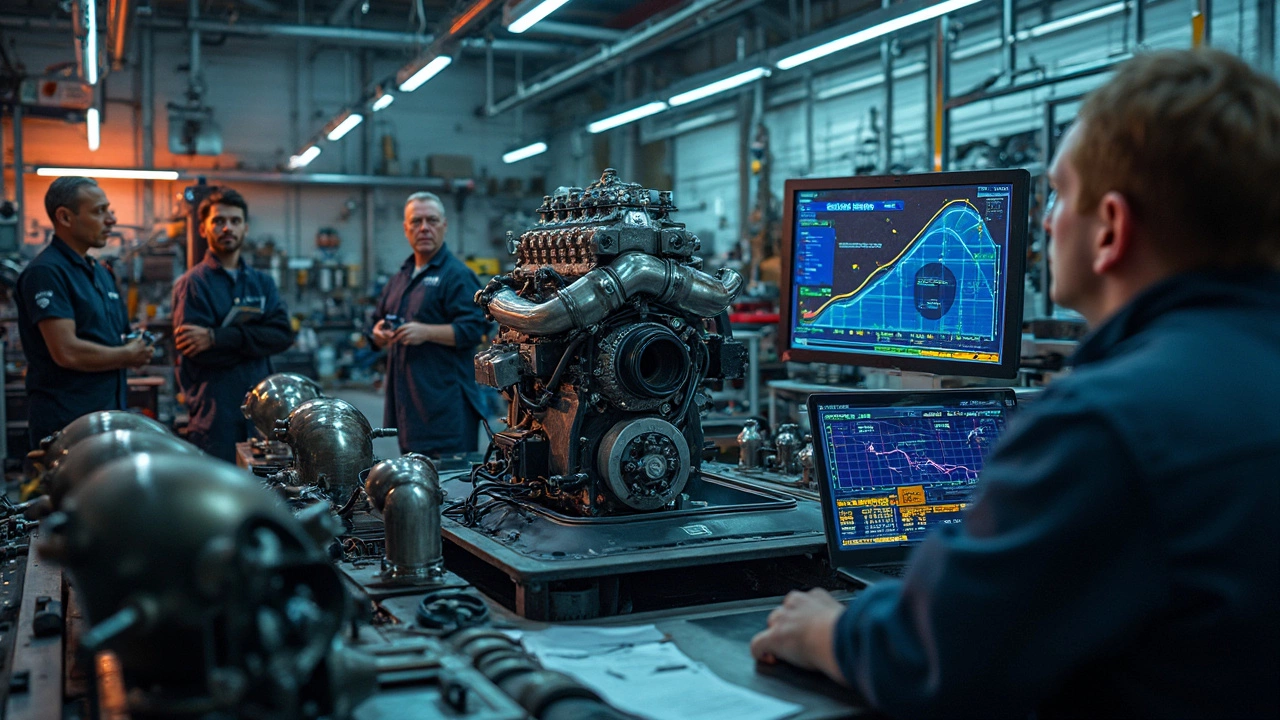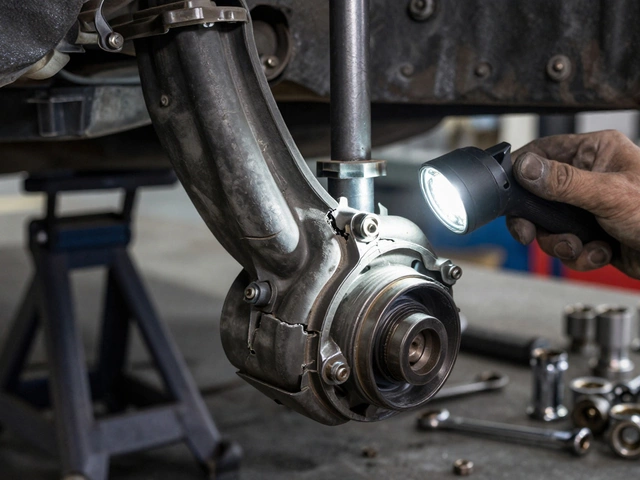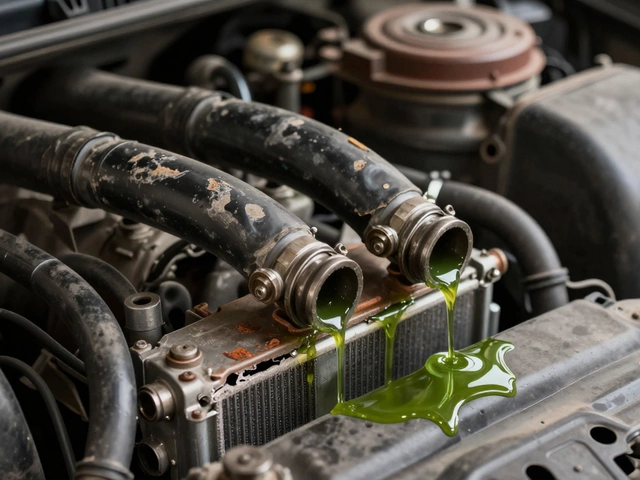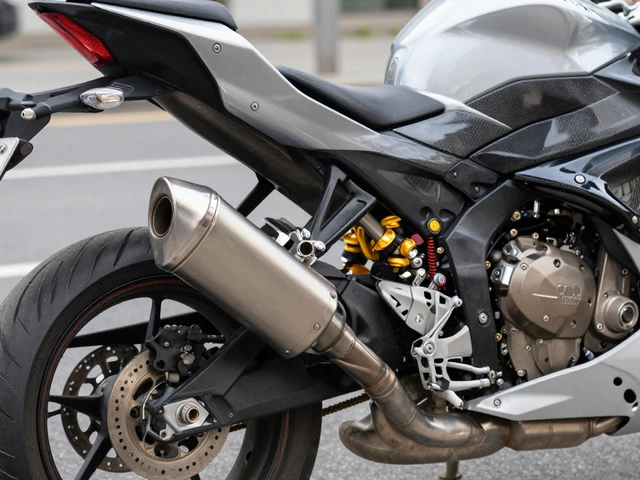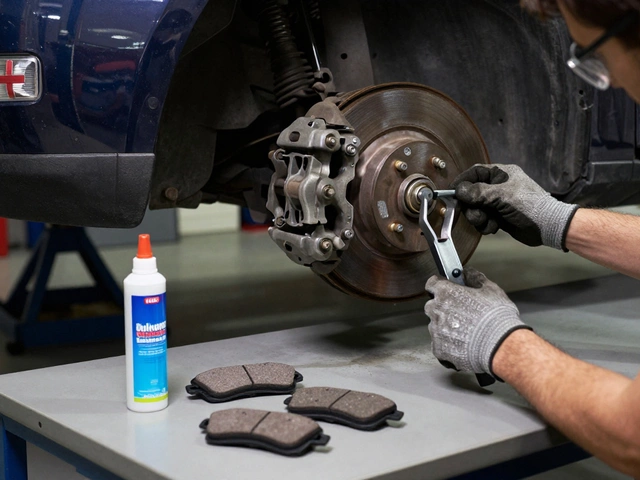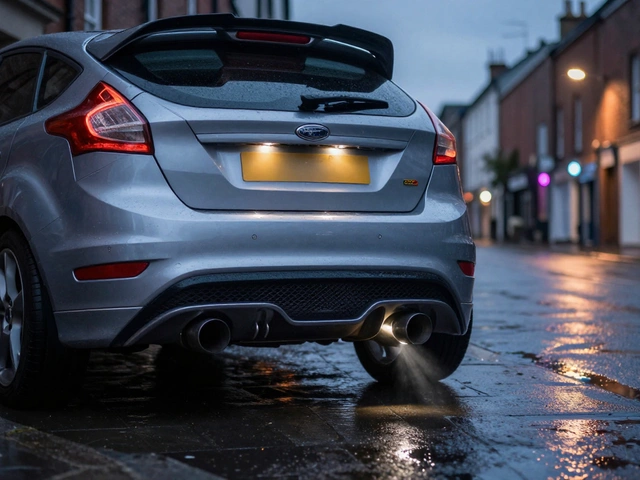Car Performance: What Really Affects It and How to Fix It
When you talk about car performance, how well your vehicle responds to your inputs—from acceleration to braking to handling. Also known as vehicle dynamics, it’s not just about horsepower—it’s the balance of every part working together. If your car feels sluggish, shaky, or unresponsive, it’s rarely one big thing breaking. It’s usually small issues adding up: worn shocks, dirty air filters, a weak fuel pump, or rotors that are too thin to stop properly.
Shock absorbers, the parts that keep your tires planted on the road during bumps and turns don’t last forever. When they wear out, your car bounces too much, your brakes take longer to stop, and your tires wear unevenly. That’s not just uncomfortable—it’s dangerous. Same with brake rotors, the metal discs your brake pads clamp down on to stop the car. If they’re grooved, warped, or too thin, your stopping power drops fast. You might not notice until it’s too late.
Then there’s the fuel pump, the heart of your car’s fuel delivery system. A failing pump doesn’t always throw a code. Sometimes it just makes your car hesitate on the highway or struggle to start on a cold morning. And if your exhaust system, the path exhaust gases take out of your engine is clogged, damaged, or the wrong size, your engine fights to breathe. That kills power, hurts fuel economy, and can even trigger the check engine light.
It’s not about upgrades—it’s about maintenance
Most people think better car performance means louder exhausts or bigger wheels. But the truth? Most cars lose performance long before they ever get modified. A 10-year-old car with fresh shocks, clean air filters, properly inflated tires, and a healthy fuel system will outperform a tuned car with worn parts. The real upgrade is fixing what’s broken.
You don’t need to be a mechanic to spot the warning signs. Does your car pull to one side? That’s often worn suspension. Does it hesitate when you press the gas? Could be the fuel pump. Do your brakes squeal or vibrate? Rotors are likely worn. These aren’t guesswork problems—they’re clear signals. And every one of them is covered in the posts below.
Below, you’ll find real, no-fluff guides on exactly what to check, when to replace parts, and how to avoid expensive mistakes. Whether you’re dealing with a slipping clutch, a failing radiator, or just wondering if your oil change is overdue—this isn’t theory. It’s what actually fixes things on the road.
